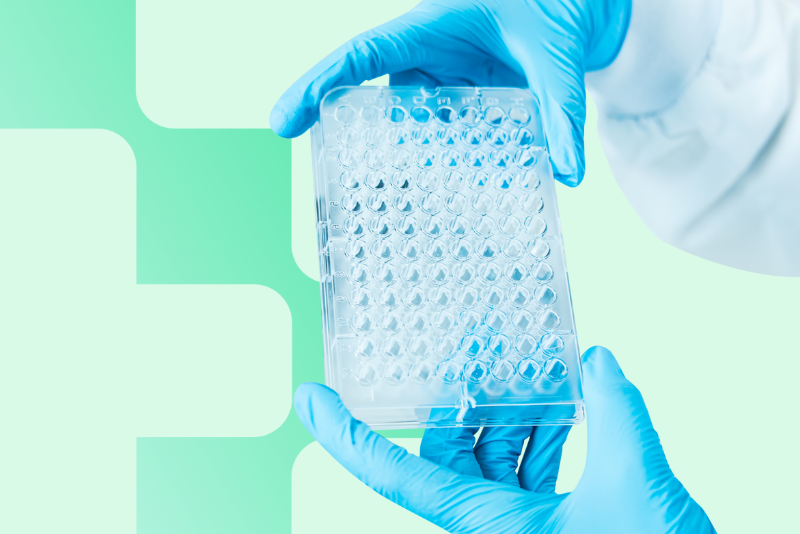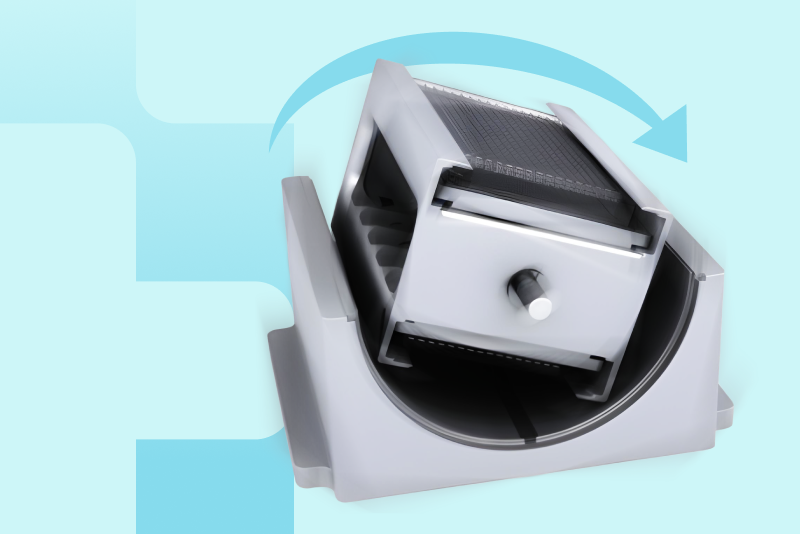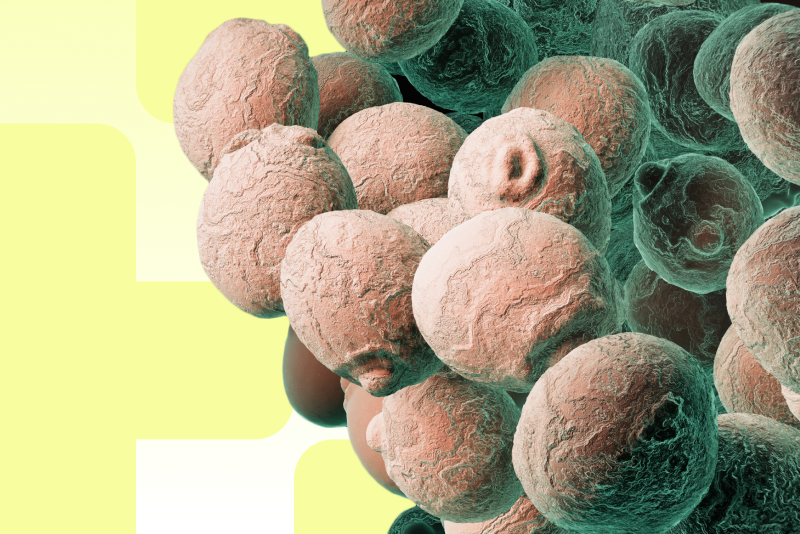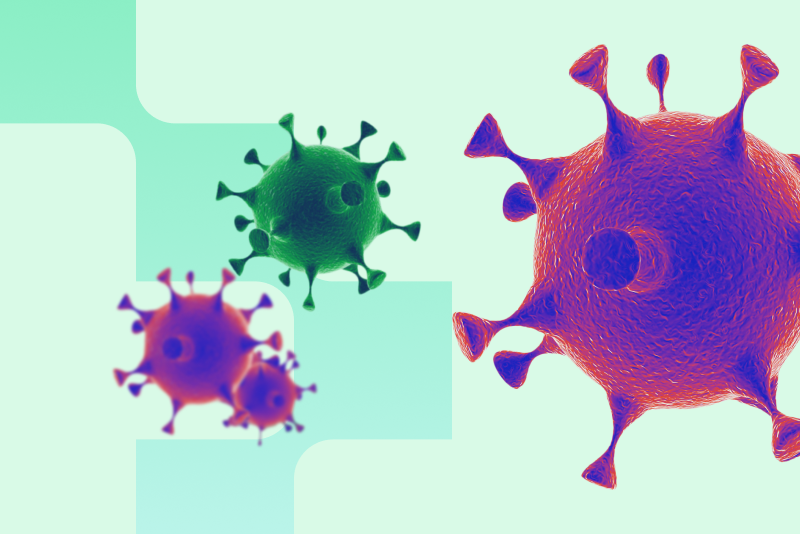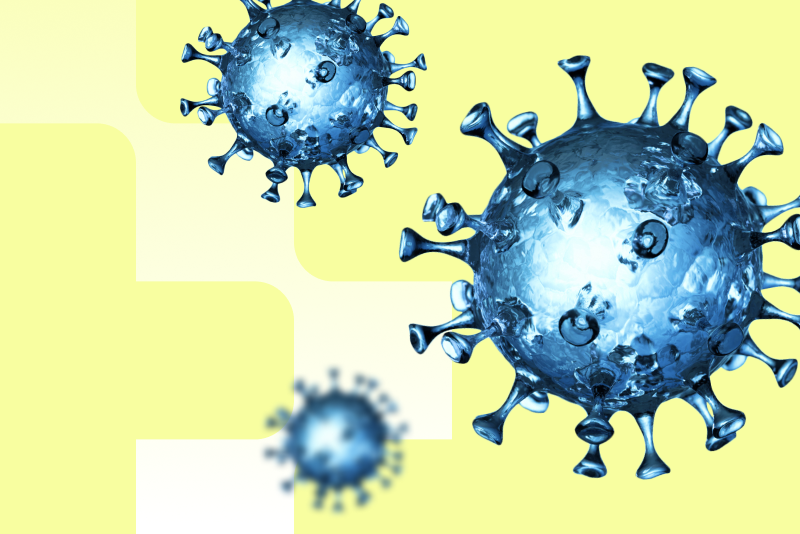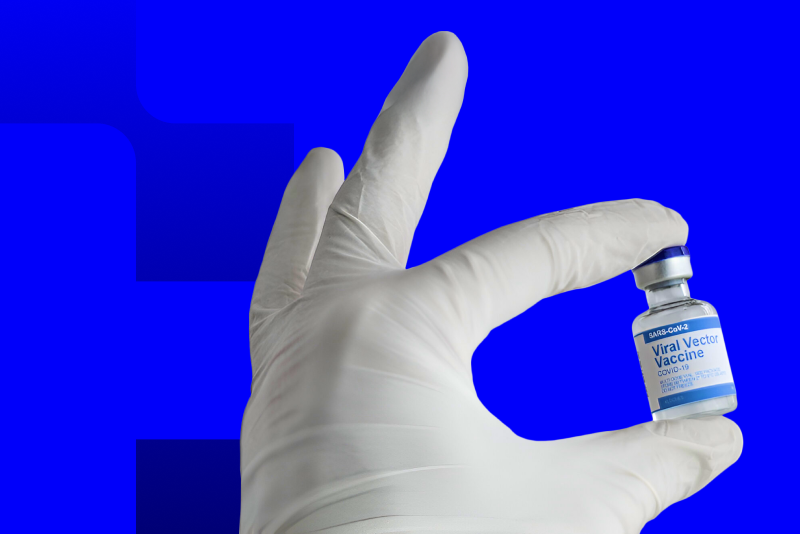High-Throughput vs. High-Precision: Which CLD Strategy Works for You?
Linkedin Facebook X-twitter Instagram High-Throughput vs. High-Precision: Which CLD Strategy Works for You? In cell line development (CLD), speed and precision are often seen as opposing goals, but they don’t have to be. Researchers in biotech, CDMO, and pharma settings are increasingly challenged to generate results quickly while meeting regulatory standards. High-throughput CLD offers rapid […]
High-Throughput vs. High-Precision: Which CLD Strategy Works for You? Read More »



